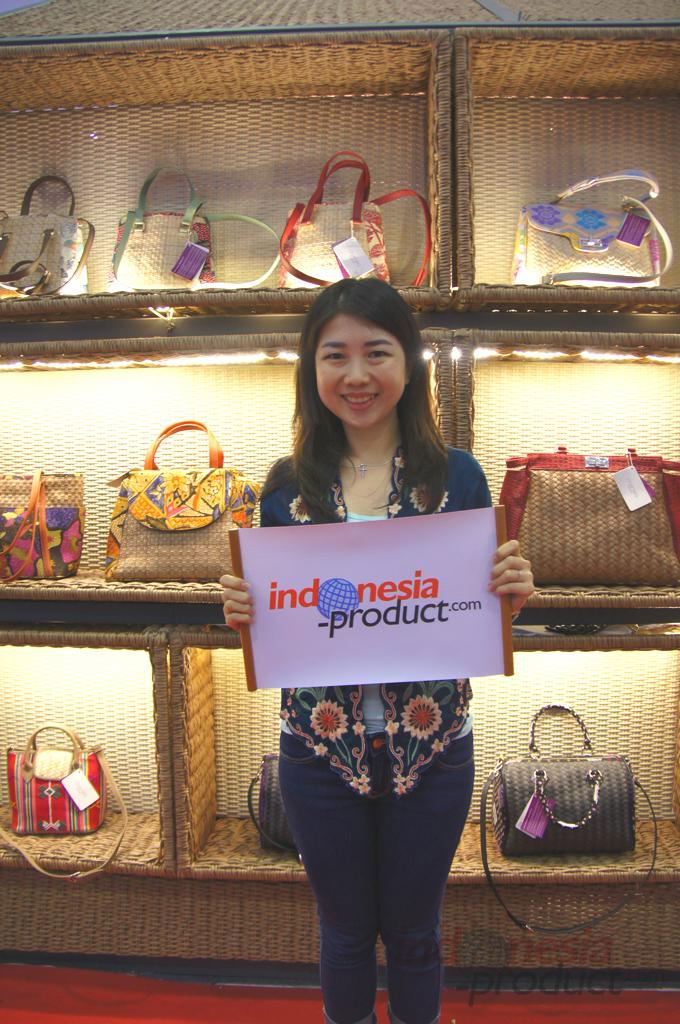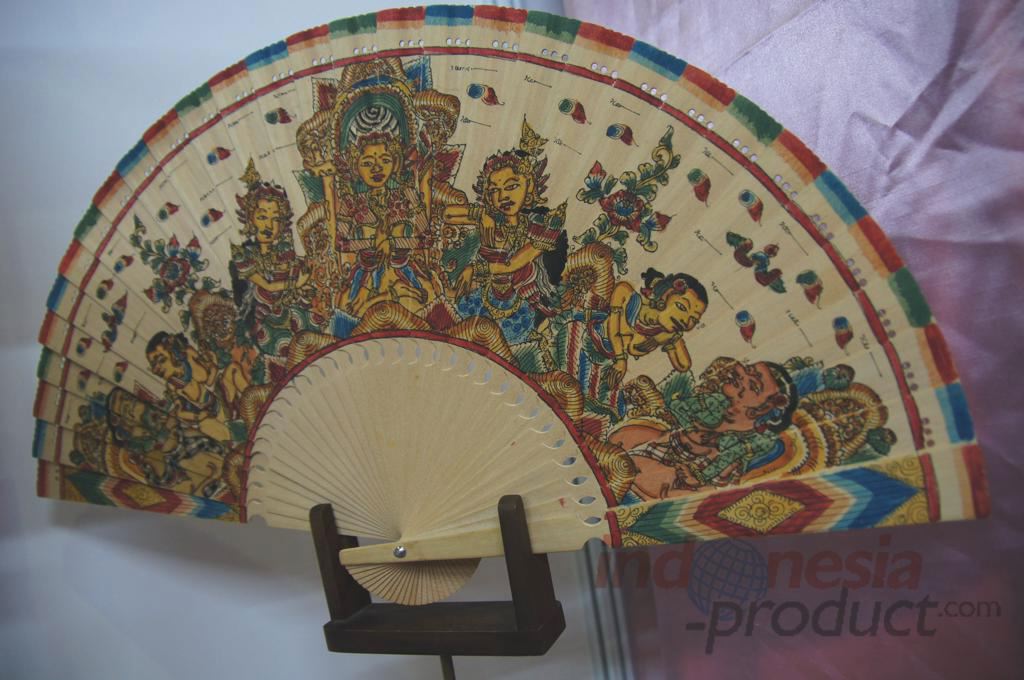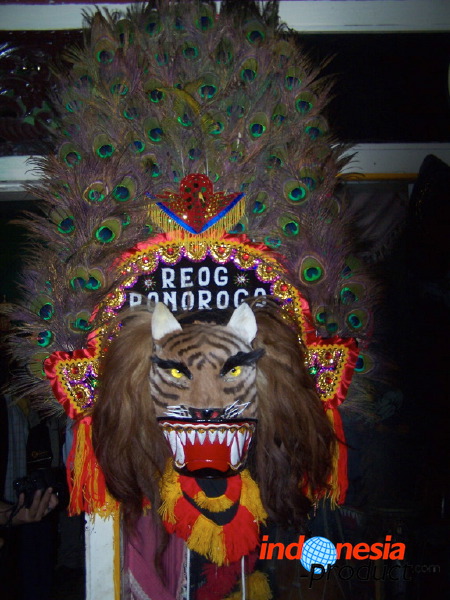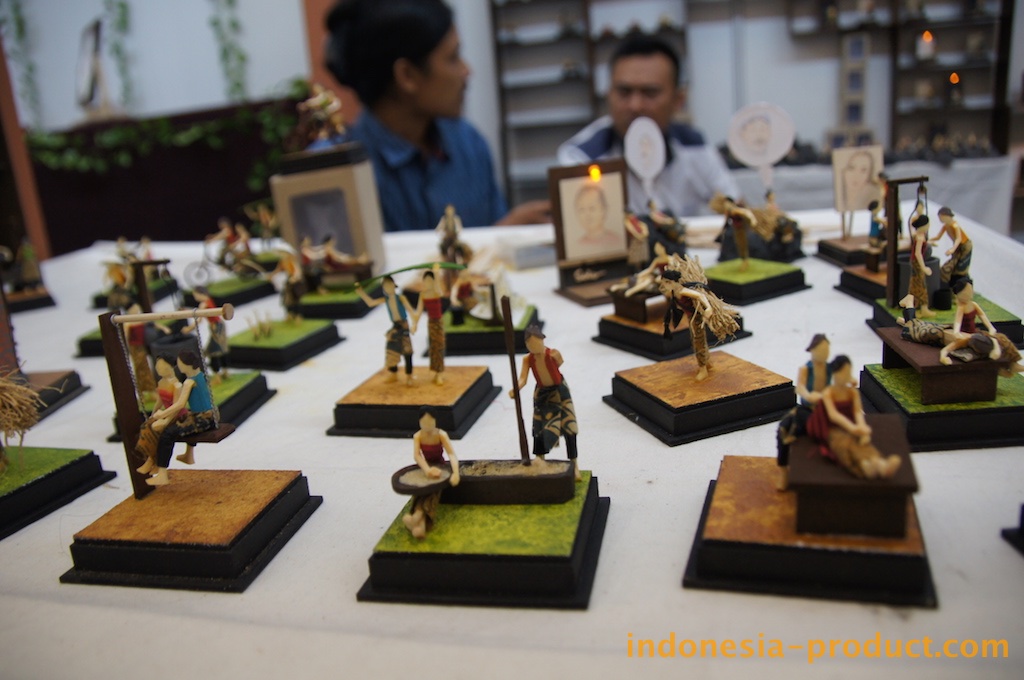Coffee is Fair Trade
By Bradley Wilson/Commentary
Daily Targum
The Fair Trade movement is embodied by the work of advocates and farmers to establish market access for farming and handicraft cooperatives throughout the world. This movement deserves the support of the Rutgers community. Although Rutgers has taken honest steps toward increasing the volume of Fair Trade Certified coffee on its many campuses, numerous locations throughout campus do not regularly offer Certified coffees, and some dining halls have discontinued their offerings of Fair Trade Certified coffees.
After reading your column about the fairness of Fair Trade coffee on January 19, I felt it necessary to respond and provide further insights on the movement for Fair Trade. Healthy self-criticism, skepticism and transparency are the law of the land for most Fair Trade activists. I wish to dispel several rumors about the ethical and political questions that Ms. Farkas raises.
For the past 6 years I have participated in and watched the growth of the global Fair Trade movement as a researcher of coffee programs that support grassroots development-work by farming cooperatives in Central America. The general problem with the portrayal of Fair Trade “not being so fair after all” is the columnist’s peculiar use of evidence to discredit the movement for Fair Trade. It also throws caution to the wind as it belittles the work of activists and cooperative organizers who strive to improve the lives of small-scale farmers by challenging the structure of the coffee commodity chain.
Coffee farmers need greater demand for Fair Trade partnerships.
Farkas began her criticisms by noting the over-supply problem endemic to the coffee industry worldwide. In the coffee industry, the farmers commonly lose while the importers and retailers win. Transnational corporations, particularly those firms that buy coffee in large-scale transactions, are not involved in coffee farming, and greatly benefit from big margins and high volume.
Over-production is not only a by-product of agricultural technification; it is also a product of national economic controls, global competition, local dependency and international deregulation. The alternative marketplace presented by Fair Trade actually attempts to balance supply and demand by drawing the attention of consumers and businesses to sustainable trading and buying practices.
There is not an over-supply of Fair Trade coffee. Remember, Fair Trade is “a relationship,” or contract, not a bulk product (the raw material). Fair Trade certification and fair trade partnerships are developed with buyers and sellers meeting in the marketplace and doing business under transparent commercial standards. Rather than thinking of Fair Trade coffee as bulk product waiting for a buyer, as Paul Rice from TransFair USA describes, we need to understand that the labels indicating Fair Trade Certified and 100% Fair Trade offer a “socially responsible” seal of approval for a commercial transaction. The label tells us that farmers have been paid an equitable price for the coffee they sell to importers. This translates into tangible benefits delivered to farming families and communities.
The hallmark of Fair Trade activism is long-term commitments to agricultural development in rural areas throughout the third world. You can see this kind of commitment exemplified by small and medium sized firms such as Cooperative Coffees and pioneering businesses such as Equal Exchange and Thanksgiving Coffee. Even Green Mountain Coffee, a brand common on the Rutgers campuses has stepped up to the plate in recent years to source and sell Fair Trade Certified coffees (estimated at 5% or less of their total sales).
While many of my colleagues and I would agree that the International Coffee Organization’s loss of monitoring status and trade regulation power is lamentable, we mustn’t forget that the ICO was not designed to represent small-scale farmers and farm-workers from 1962 – present. Today, with the support of organizations such as Oxfam and transnational farmer alliances linked to Fair Trade initiatives, farmers and farm-workers are carving out a space for themselves at the negotiating table in ICO meetings. Domestic Fair Trade initiatives led by youth activists in Brazil, Honduras, Europe and North America have targeted state policy-makers and legislatures for the adoption of Fair Trade standards and protocols.
In closing, I would like to send out an urgent call to students and administrators at Rutgers University. Increase access to Fair Trade Certified or 100% Fair Trade products at Rutgers.
Bradley Wilson is a graduate student studying Geography.





